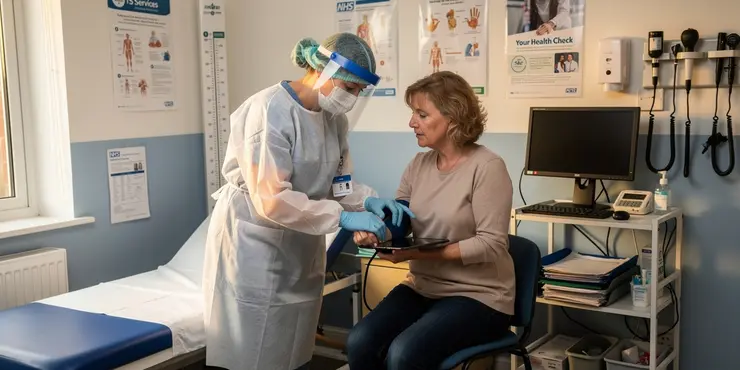
Find Help
More Items From Ergsy search
-
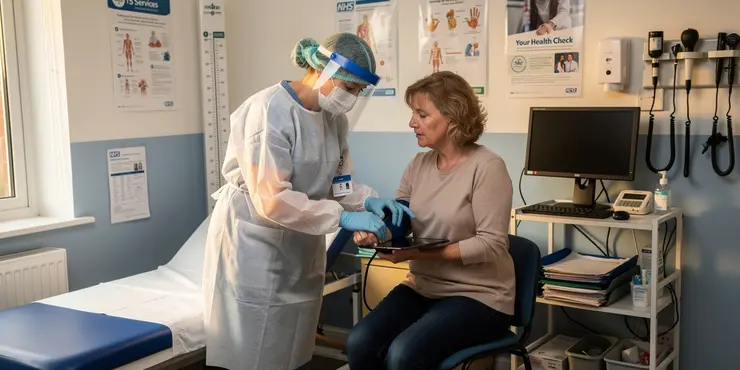
What measures are being taken to control Marburg virus outbreaks?
Relevance: 100%
-

How do health authorities confirm a Marburg virus outbreak?
Relevance: 77%
-

Has Marburg virus caused any major outbreaks?
Relevance: 74%
-

What is the Marburg Virus?
Relevance: 73%
-
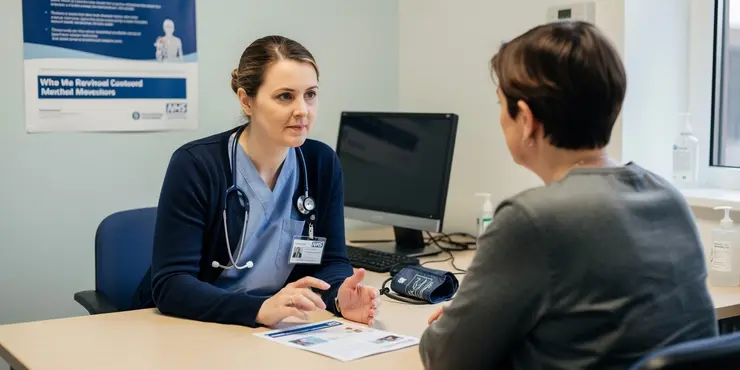
Are there any countries at higher risk for Marburg virus outbreaks?
Relevance: 72%
-

Is the Marburg virus related to the Ebola virus?
Relevance: 68%
-
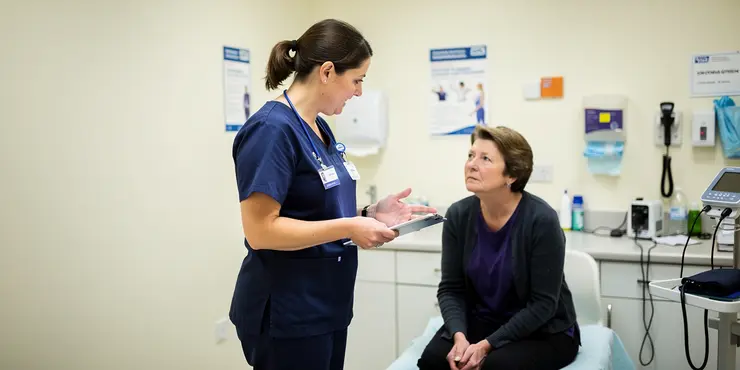
How is the Marburg virus transmitted?
Relevance: 66%
-
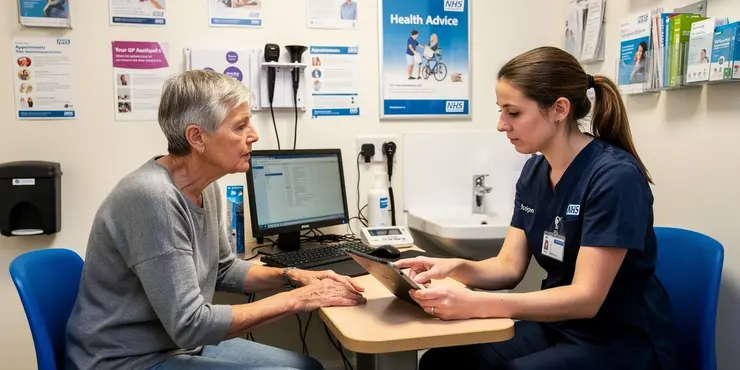
Where was the Marburg virus first discovered?
Relevance: 65%
-
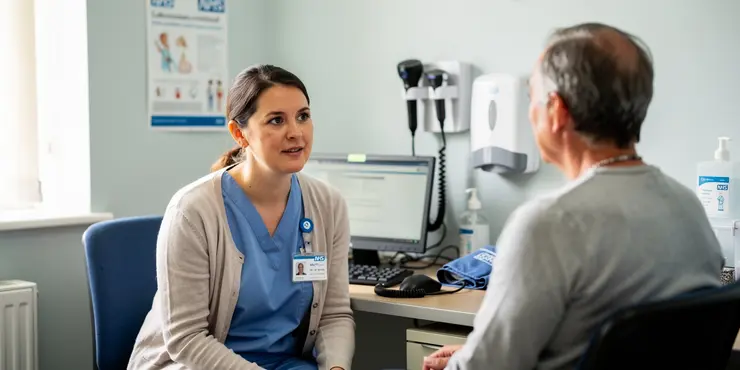
Is there a vaccine for Marburg virus?
Relevance: 64%
-

What is the mortality rate of Marburg virus disease?
Relevance: 63%
-

What research is being done on the Marburg virus?
Relevance: 63%
-
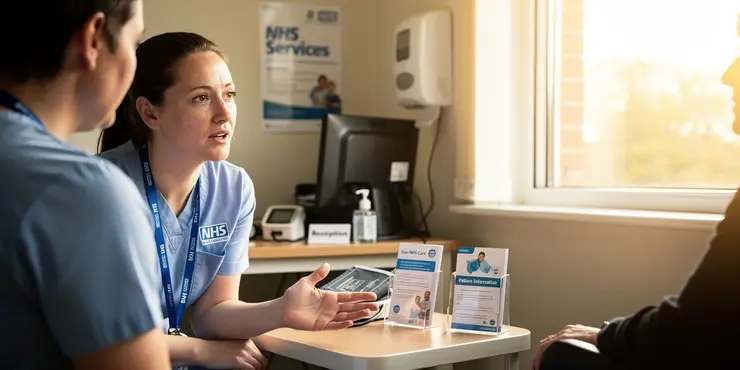
Can Marburg virus disease be prevented?
Relevance: 63%
-

How is Nipah Virus controlled during outbreaks?
Relevance: 62%
-
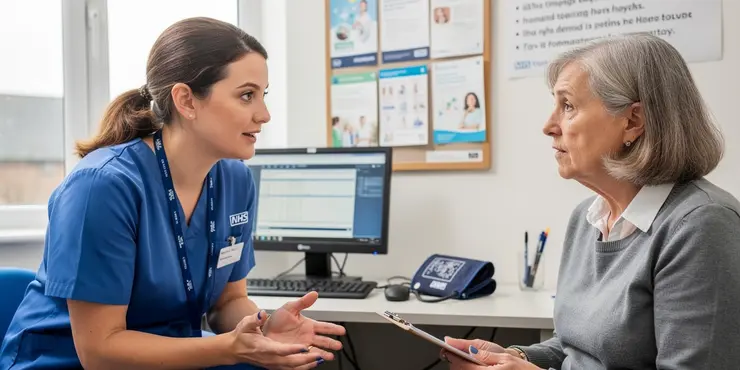
How long is the incubation period for the Marburg virus?
Relevance: 60%
-

How is Marburg virus disease diagnosed?
Relevance: 59%
-

How can healthcare workers protect themselves from Marburg virus infection?
Relevance: 58%
-

What is the typical progression of Marburg virus disease?
Relevance: 58%
-
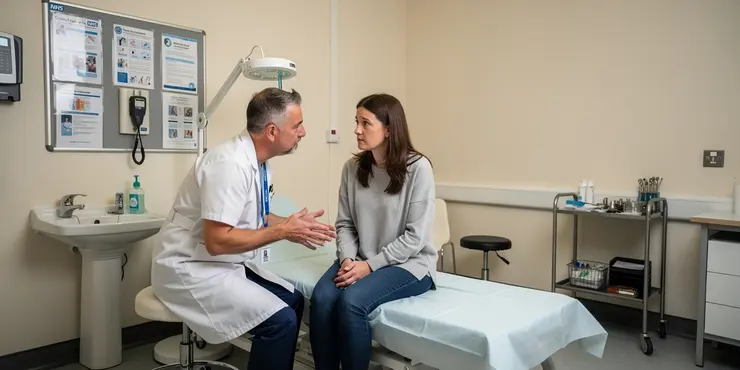
Can Marburg virus disease recur after recovery?
Relevance: 55%
-
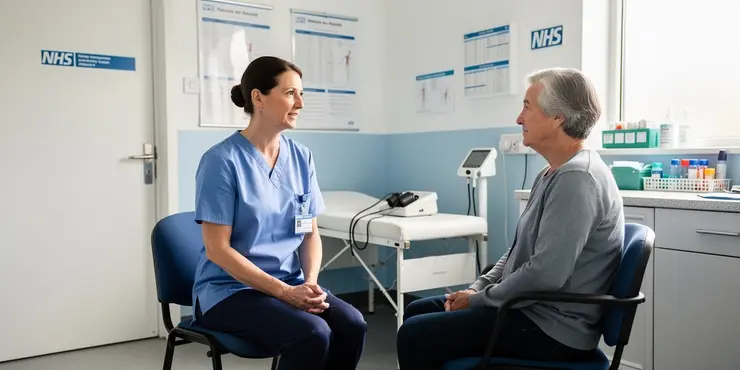
What are the symptoms of Marburg virus disease?
Relevance: 53%
-
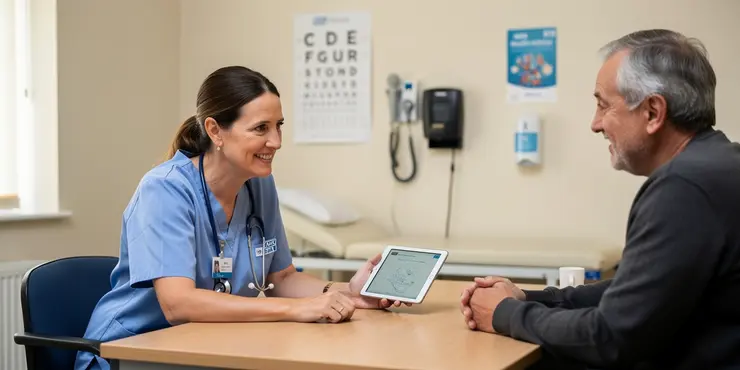
Can Nipah Virus cause outbreaks?
Relevance: 50%
-

What regions are most at risk for Nipah Virus outbreaks?
Relevance: 42%
-
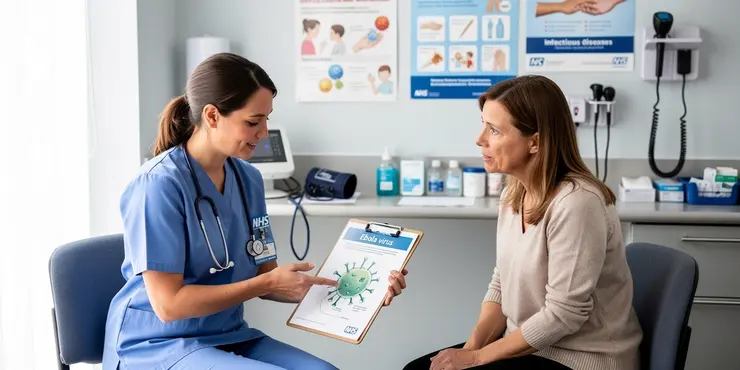
What is the Ebola virus?
Relevance: 42%
-

Why are Nipah Virus outbreaks considered a public health concern?
Relevance: 42%
-

What measures are taken during a screw worm outbreak?
Relevance: 42%
-

What preventive measures can reduce the risk of Nipah Virus infection?
Relevance: 41%
-

What is Nipah Virus?
Relevance: 38%
-

Where do Chikungunya outbreaks typically occur?
Relevance: 34%
-

Are there any Zika virus outbreaks currently?
Relevance: 34%
-
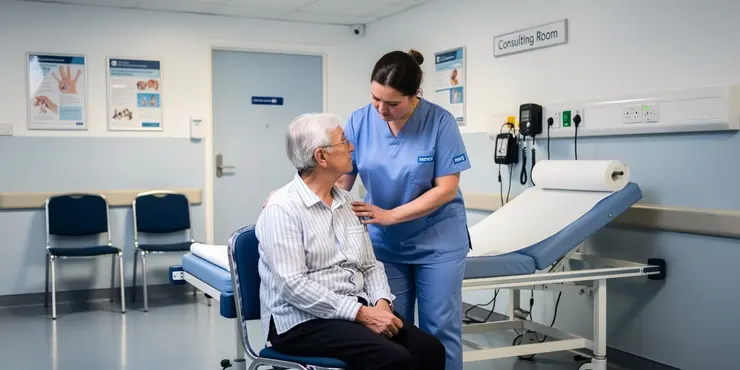
Can Nipah Virus be transmitted from person to person?
Relevance: 33%
-
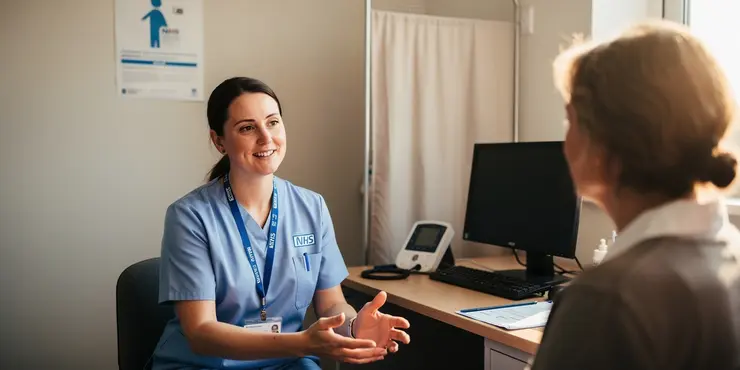
What is the mortality rate of Nipah Virus infection?
Relevance: 33%
-
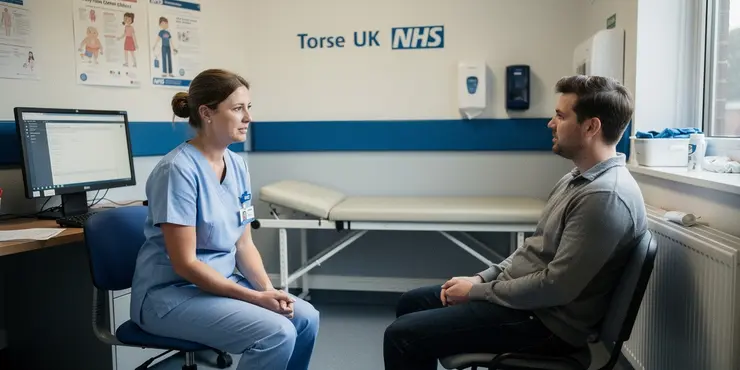
Where was Nipah Virus first identified?
Relevance: 33%
-
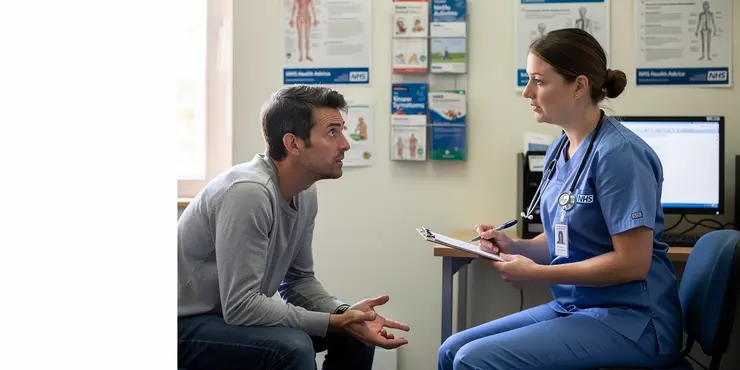
Is there a cure for Nipah Virus?
Relevance: 33%
-

What global organizations are involved in Nipah Virus research?
Relevance: 33%
-
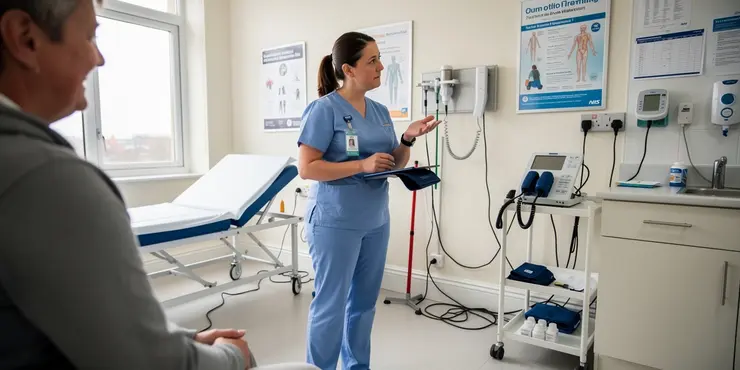
How was the bubonic plague controlled historically?
Relevance: 31%
-

Can mosquitoes carrying West Nile Virus be controlled?
Relevance: 31%
-

How is Nipah Virus transmitted?
Relevance: 31%
-

What triggers a cold sore outbreak?
Relevance: 31%
-
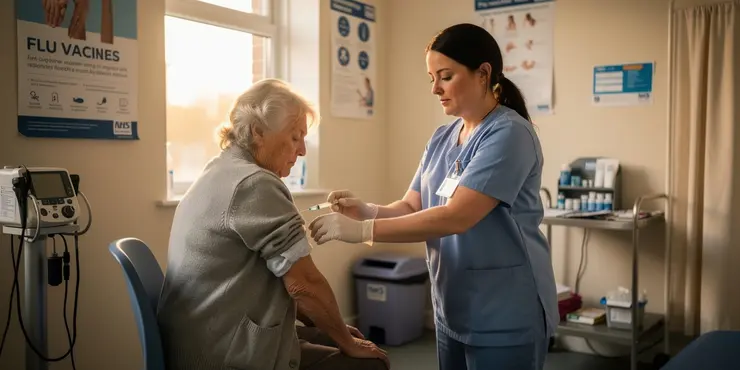
What role do public health measures play in controlling the flu season?
Relevance: 31%
-
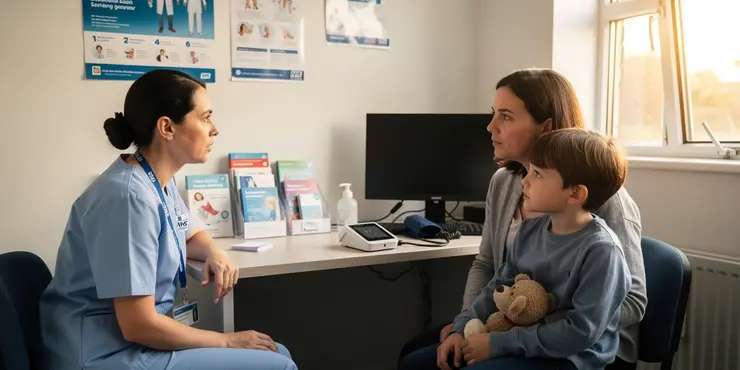
Are measles outbreaks common in the UK?
Relevance: 31%
-
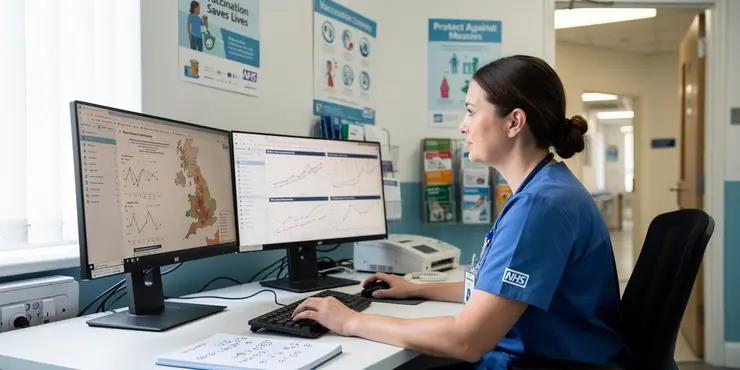
How does the UK monitor measles outbreaks?
Relevance: 31%
Understanding Marburg Virus
Marburg virus is a highly infectious pathogen belonging to the Filoviridae family, the same family as the more widely known Ebola virus. It results in severe viral hemorrhagic fever in humans, with a fatality rate that can be as high as 88%. The virus is transmitted to people from fruit bats and spreads among humans through direct contact with the bodily fluids of infected individuals, contaminated surfaces, or materials.
Surveillance and Early Detection
One of the primary measures to control Marburg virus outbreaks is enhanced surveillance and the early detection of cases. Health organizations and governments work together to monitor outbreaks through the collection of epidemiological data and the establishment of robust reporting systems. Rapid identification of cases helps to implement control measures more swiftly. Laboratories in affected regions are equipped with diagnostic facilities to confirm infections and facilitate prompt intervention.
Infection Control Practices
Strict infection control measures are critical to preventing the spread of the Marburg virus within healthcare settings. This includes the use of personal protective equipment (PPE) by healthcare workers, proper waste management, and sterilization of medical equipment. Isolation wards are set up to treat Marburg patients separately from other patients to reduce the risk of nosocomial transmission. Training healthcare workers in infection prevention and control is also essential to ensure compliance with safety protocols.
Community Engagement and Education
Community engagement and education play a crucial role in controlling Marburg outbreaks. Public health campaigns inform the public about the risks of the virus and the importance of reporting symptoms early. Education programs also focus on safe burial practices to minimize the risk of transmission from deceased individuals. By raising awareness, communities are encouraged to avoid contact with potential host animals and to report any unusual illness promptly.
Development of Vaccines and Treatments
Research and development efforts are underway to develop vaccines and treatments for Marburg virus. Clinical trials are being conducted for several vaccine candidates, aiming to provide long-term solutions to prevent future outbreaks. In the meantime, supportive therapy remains the mainstay of treatment, addressing symptoms and complications such as dehydration and bleeding.
Coordination and Support
International coordination and support from organizations like the World Health Organization (WHO) and the Centers for Disease Control and Prevention (CDC) are vital in managing Marburg virus outbreaks. These bodies provide technical guidance, support outbreak response, and help to mobilize resources where needed. Collaboration among countries ensures a swift response and reduces the global risk posed by the virus.
Understanding Marburg Virus
The Marburg virus is a very dangerous virus. It is like the Ebola virus, which some people know about. This virus makes people very sick, and many can die from it. The virus comes from fruit bats. People can catch it from touching sick people's body fluids, or from touching things that have the virus on them.
Finding the Virus Early
To stop the Marburg virus from spreading, it is important to find it early. Health workers and governments watch carefully for signs of the virus. They use special systems to know when someone is sick. Finding sick people quickly helps make sure they get help fast. Labs have special tools to test for the virus and help doctors know what to do.
Stopping the Virus in Hospitals
It is very important to stop the Marburg virus from spreading in hospitals. Doctors and nurses wear special clothes to protect themselves. They throw away used medical tools safely and clean everything properly. Patients with Marburg are kept away from other patients. Teaching doctors and nurses how to stay safe is also very important.
Teaching Communities About the Virus
Teaching people about the Marburg virus helps stop it. Health experts tell people what the virus is and why it's important to tell a doctor if they feel sick. They also teach how to safely bury someone who has died from the virus. By telling people about the virus, we help them stay safe and avoid sick animals.
Making Vaccines and Medicines
Scientists are trying to make vaccines and medicines for the Marburg virus. They are testing lots of new vaccines to keep people safe in the future. Right now, doctors help people with Marburg by treating their symptoms, like giving them water to drink and helping with bleeding.
Working Together Internationally
Countries work together to stop the Marburg virus. Groups like the World Health Organization (WHO) and the Centers for Disease Control and Prevention (CDC) help other countries by sharing information and tools. When countries help each other, they can stop the virus faster and keep people safe all over the world.
Frequently Asked Questions
What is the Marburg virus?
The Marburg virus is a highly virulent pathogen that causes severe hemorrhagic fever in humans, similar to the Ebola virus.
What are the primary methods for controlling Marburg virus outbreaks?
Controlling Marburg virus outbreaks involves surveillance, contact tracing, infection prevention and control, and public health education.
How is contact tracing used in controlling Marburg virus?
Contact tracing involves identifying and monitoring people who have been in contact with infected individuals to prevent further spread.
What role does surveillance play in managing Marburg virus outbreaks?
Surveillance helps in early detection of cases and monitoring the spread of the virus, enabling timely response efforts.
How important is community engagement in controlling outbreaks?
Community engagement is crucial for disseminating information, encouraging health-seeking behaviors, and reducing stigma.
What are infection prevention and control measures for Marburg virus?
Measures include using personal protective equipment, isolating patients, and following strict hygiene protocols in healthcare settings.
Are there vaccines available for Marburg virus?
As of now, there are no licensed vaccines for Marburg virus, but research is ongoing to develop effective vaccines.
How is public health education used in outbreak control?
Public health education involves informing communities about how the virus spreads and preventive measures they can take.
Why is rapid response critical in managing Marburg outbreaks?
A rapid response is essential to quickly contain the virus, minimize its spread, and reduce the number of cases and fatalities.
Can Marburg virus be transmitted through air travel?
While the primary transmission is through direct contact with bodily fluids, travelers can potentially spread the virus to new areas.
What are the key challenges in controlling Marburg virus outbreaks?
Key challenges include lack of resources, poor infrastructure, and the need for international collaboration.
How do healthcare workers protect themselves from the Marburg virus?
Healthcare workers use personal protective equipment and follow strict protocols to prevent infection.
What international organizations are involved in controlling Marburg outbreaks?
Organizations like the World Health Organization (WHO) and Centers for Disease Control and Prevention (CDC) provide support and guidance.
How does isolation help in controlling Marburg virus outbreaks?
Isolation of infected patients prevents the virus from spreading to others, containing the outbreak.
What are the signs and symptoms of Marburg virus infection?
Symptoms include fever, chills, headache, muscle pain, and severe hemorrhagic manifestations.
Why is laboratory testing important during an outbreak?
Laboratory testing is crucial for confirming cases, appropriately targeting the response, and conducting epidemiological studies.
What are the environmental control measures during an outbreak?
Measures include safe burial practices, disinfection of contaminated locations, and proper waste disposal.
How is the community informed about outbreak control measures?
Information is disseminated through community meetings, media, and collaboration with local leaders and health workers.
What role does international cooperation play in managing Marburg outbreaks?
International cooperation provides necessary resources, expertise, and support to effectively manage and mitigate the outbreak.
Are there any treatment options available for Marburg virus infections?
There is no specific antiviral treatment for Marburg virus; supportive care is given to manage symptoms and complications.
What is the Marburg virus?
The Marburg virus is a germ that can make people very sick. It is like another germ called Ebola. The Marburg virus can cause fever and bleeding. Scientists try to learn more about it to help people who get sick.
If reading is hard, use a tool to read the words out loud. You can also ask someone to read with you and help explain the words.
The Marburg virus makes people very sick. It spreads quickly and causes bad bleeding, just like the Ebola virus.
How can we stop the Marburg virus from spreading?
To stop Marburg virus from spreading, we do a few key things:
- We watch for the virus to see where it is.
- We trace who might have met an infected person.
- We teach people how to stay safe and not get sick.
- We use special ways to keep the virus from spreading.
There are tools like picture charts or videos that can help explain these steps. Using games or songs can also make learning about this easier and more fun.
How does contact tracing help control Marburg virus?
Contact tracing means finding and keeping track of people who have been near someone with an illness. This helps stop the illness from spreading.
Some tools that might help understand this better are pictures or videos showing how contact tracing works.
How does watching out for the Marburg virus help stop it from spreading?
When people keep an eye on where the Marburg virus is, they can stop it from spreading.
This is called "watching out." Here is how it helps:
- Finds sick people quickly
- Helps doctors take care of sick people
- Stops the virus from spreading to others
- Makes sure everyone is safe
Some tools and ways to help include:
- Maps to show where sick people are
- Strong rules for people working with sick people
- Teaching people how to stay safe
- Writing down who gets sick and when
Watching out for the virus helps us find new cases early and see how it is spreading. This way, we can take action quickly to stop it.
Why is it important for people to work together to stop the spread of disease?
Working together as a community can help stop sickness from spreading. It's like a team effort!
Here are some tips:
- Talk to each other about how to stay safe.
- Share information on how to keep clean and healthy.
- Help each other if someone gets sick.
Using pictures and videos can help everyone understand better.
It's very important to talk and work with people in the community. This helps spread important information, makes people want to take care of their health, and helps everyone be nicer to others.
How can we stop the Marburg virus from spreading?
The Marburg virus is a germ that can make people very sick. Here are some ways to stop it from spreading:
- Wash your hands: Use soap and water often to keep your hands clean.
- Avoid touching: Try not to touch your face, especially your eyes, nose, and mouth.
- Stay away from sick people: If someone is sick, it’s best to keep your distance.
- Use gloves and masks: Wear protective gear if you are near someone who's sick.
- Clean surfaces: Wipe down places you touch a lot, like doorknobs and tables.
- Tell an adult: If you or someone you know is sick, tell a responsible adult or go to a doctor.
It's important to follow these steps to try and stop the virus from making more people sick. If you need help understanding or remembering these steps, you can ask someone to explain them to you or write them down in simple words for you.
Stay safe by doing a few things: wear safety gear like masks and gloves, keep sick people away from others, and always keep everything clean and tidy in hospitals and clinics.
Is there a vaccine for Marburg virus?
There is no vaccine for the Marburg virus yet. Researchers are working on it.
Tools to help:
- Ask a doctor for more information.
- Look for updates on health websites.
- Use picture charts to understand better.
Right now, there are no vaccines for the Marburg virus. But scientists are working hard to make vaccines that work.
How does teaching people about health help stop the spread of disease?
Public health education means telling people how the virus moves from person to person and what they can do to stay safe.
Why is it important to act fast when dealing with Marburg outbreaks?
Marburg is a very serious sickness. It can spread quickly between people.
Acting fast helps stop more people from getting sick.
Here are some ways to help:
- Maps can help find where people are sick.
- Doctors and nurses need to be ready to help right away.
- Telling people what to do can stop the sickness from spreading.
It is important to act fast. This helps stop the virus from spreading. Acting fast also means fewer people get sick or die.
Can you catch Marburg virus on a plane?
The virus spreads when you touch body fluids, like blood, sweat, or saliva. Travelers can carry the virus to new places.
What makes Marburg virus hard to stop?
There are three big problems:
1. Not enough resources: This means there are not enough things we need.
2. Bad infrastructure: This means roads, buildings, and other important things are in poor shape.
3. Need to work together with other countries: This means we need to be friends and help each other with other countries.
Tools that can help include picture charts to show ideas and talking with someone who can explain things.
How do healthcare workers stay safe from the Marburg virus?
Healthcare workers help sick people, but they also need to stay safe.
Here is how they do it:
- Wear special clothes like gloves, masks, and gowns.
- Wash their hands often with soap and water.
- Use tools like goggles to protect their eyes.
- Clean surfaces where they work.
- Be careful not to touch their face with dirty hands.
These steps help keep them safe from germs.
Healthcare workers wear special gear to keep safe.
They follow important rules to stop germs from spreading.
Who helps stop Marburg outbreaks around the world?
Some big groups work together to control Marburg outbreaks. They help people stay safe when this illness happens. These groups might use tools like simple drawings or videos to explain things clearly. They also share information so everyone knows what to do.
If you want to learn more, you can ask someone to read with you or watch videos together. That can help make things easier to understand!
Groups like the World Health Organization (WHO) and Centers for Disease Control and Prevention (CDC) help and give advice.
How does staying away from people help stop Marburg virus from spreading?
Keeping sick people away from others stops the virus from spreading. This helps keep more people from getting sick.
What happens when someone has the Marburg virus?
The Marburg virus can make people very sick. Here are some things to watch out for:
- High fever, which means feeling very hot.
- A really bad headache.
- Feeling very tired and weak.
- Pain in the muscles and stomach.
- Sometimes, you might feel sick in your tummy.
- Throwing up or having diarrhea.
- Your eyes might go red.
- You might see a rash on your skin.
If you see these signs, it’s important to tell an adult or go to a doctor.
You can use pictures to help understand these signs better. Talking with someone can make it easier too.
Some signs you might notice are feeling hot (fever), feeling very cold (chills), having a bad head pain (headache), aching muscles, and serious bleeding problems.
Why is it important to test in a lab when people get sick?
Testing in a lab helps doctors find out what is making people sick. It helps them figure out how to help people get better. Here are some tools and techniques that might help: - Use pictures to show how testing works. - Watch videos to see what happens in a lab. - Ask a friend or a helper to explain more.Lab tests are important. They help us know for sure if someone is sick. They also help us know how to help people better. Plus, lab tests help us learn more about how sickness spreads.
How can we keep the environment clean during a disease spread?
To stay safe, make sure to bury people safely, clean places that are dirty, and throw away rubbish properly.
How does the community learn about ways to stop the spread of disease?
The community learns through simple messages. These messages can be found on:
- Posters in places like shops and schools
- Messages on the radio or TV
- Updates on the internet and social media
It is important to listen and share this information with others.
Tools that help understand these messages include:
- Pictures and drawings
- Videos with clear explanations
- Listening to audio messages
We share information in different ways. We have meetings in the community. We use the news and talk with local leaders and health workers to get the word out.
To help understand better, you can use pictures and simple words. Talking to someone who knows a lot about it can also help.
How do countries work together to stop Marburg outbreaks?
Countries need to help each other to stop the spread of the Marburg virus. This means sharing information and working as a team.
Here are some ways to work together:
- Share important health news quickly.
- Send doctors to help each other.
- Give money and supplies like medicine or masks.
- Learn from each other to find the best ways to stop the virus.
Helpful tools:
- Use picture books to learn about sharing and teamwork.
- Watch videos that show how countries help each other.
Countries working together share help, skills, and tools. This teamwork helps to control and stop the spread of diseases.
Can doctors help if someone has the Marburg virus?
Yes, doctors can help people who have the Marburg virus.
People get care in the hospital. Doctors can give medicine and support to help the body fight the virus.
There is no special cure yet, but care from doctors can help a lot.
People can also drink lots of water and get plenty of rest.
Tools like picture charts can help understand the steps to get better.
There is no special medicine to treat Marburg virus. Doctors help by caring for people and managing symptoms.
Useful Links
This website offers general information and is not a substitute for professional advice.
Always seek guidance from qualified professionals.
If you have any medical concerns or need urgent help, contact a healthcare professional or emergency services immediately.
Some of this content was generated with AI assistance. We’ve done our best to keep it accurate, helpful, and human-friendly.
- Ergsy carfully checks the information in the videos we provide here.
- Videos shown by Youtube after a video has completed, have NOT been reviewed by ERGSY.
- To view, click the arrow in centre of video.
- Most of the videos you find here will have subtitles and/or closed captions available.
- You may need to turn these on, and choose your preferred language.
- Go to the video you'd like to watch.
- If closed captions (CC) are available, settings will be visible on the bottom right of the video player.
- To turn on Captions, click settings .
- To turn off Captions, click settings again.
More Items From Ergsy search
-

What measures are being taken to control Marburg virus outbreaks?
Relevance: 100%
-

How do health authorities confirm a Marburg virus outbreak?
Relevance: 77%
-

Has Marburg virus caused any major outbreaks?
Relevance: 74%
-

What is the Marburg Virus?
Relevance: 73%
-

Are there any countries at higher risk for Marburg virus outbreaks?
Relevance: 72%
-

Is the Marburg virus related to the Ebola virus?
Relevance: 68%
-

How is the Marburg virus transmitted?
Relevance: 66%
-

Where was the Marburg virus first discovered?
Relevance: 65%
-

Is there a vaccine for Marburg virus?
Relevance: 64%
-

What is the mortality rate of Marburg virus disease?
Relevance: 63%
-

What research is being done on the Marburg virus?
Relevance: 63%
-

Can Marburg virus disease be prevented?
Relevance: 63%
-

How is Nipah Virus controlled during outbreaks?
Relevance: 62%
-

How long is the incubation period for the Marburg virus?
Relevance: 60%
-

How is Marburg virus disease diagnosed?
Relevance: 59%
-

How can healthcare workers protect themselves from Marburg virus infection?
Relevance: 58%
-

What is the typical progression of Marburg virus disease?
Relevance: 58%
-

Can Marburg virus disease recur after recovery?
Relevance: 55%
-

What are the symptoms of Marburg virus disease?
Relevance: 53%
-

Can Nipah Virus cause outbreaks?
Relevance: 50%
-

What regions are most at risk for Nipah Virus outbreaks?
Relevance: 42%
-

What is the Ebola virus?
Relevance: 42%
-

Why are Nipah Virus outbreaks considered a public health concern?
Relevance: 42%
-

What measures are taken during a screw worm outbreak?
Relevance: 42%
-

What preventive measures can reduce the risk of Nipah Virus infection?
Relevance: 41%
-

What is Nipah Virus?
Relevance: 38%
-

Where do Chikungunya outbreaks typically occur?
Relevance: 34%
-

Are there any Zika virus outbreaks currently?
Relevance: 34%
-

Can Nipah Virus be transmitted from person to person?
Relevance: 33%
-

What is the mortality rate of Nipah Virus infection?
Relevance: 33%
-

Where was Nipah Virus first identified?
Relevance: 33%
-

Is there a cure for Nipah Virus?
Relevance: 33%
-

What global organizations are involved in Nipah Virus research?
Relevance: 33%
-

How was the bubonic plague controlled historically?
Relevance: 31%
-

Can mosquitoes carrying West Nile Virus be controlled?
Relevance: 31%
-

How is Nipah Virus transmitted?
Relevance: 31%
-

What triggers a cold sore outbreak?
Relevance: 31%
-

What role do public health measures play in controlling the flu season?
Relevance: 31%
-

Are measles outbreaks common in the UK?
Relevance: 31%
-

How does the UK monitor measles outbreaks?
Relevance: 31%


